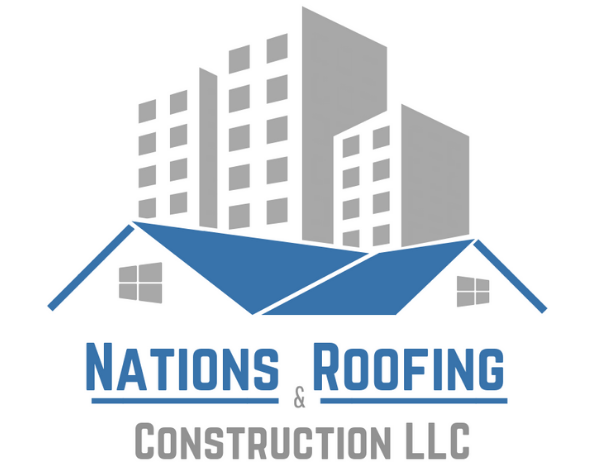Roofing FAQs:
-
When is rainy season in Florida?
Rainy season in Florida typically occurs during the summer months, which are from June through September. During this time, Florida experiences increased rainfall and higher humidity levels. Thunderstorms are also more common during the rainy season, with frequent lightning strikes and heavy downpours. The rainy season in Florida is a result of the warm and moist air mass that moves north from the Gulf of Mexico, combined with the influence of the Atlantic Ocean and the Gulf Stream. It's important to note that weather patterns can vary from year to year, and some areas in Florida may experience more rain than others during the rainy season. It's always a good idea to stay informed about the weather conditions in your area and to take necessary precautions during the rainy season, such as ensuring proper drainage around your property and protecting your roof from potential water damage. Call us at 352-309-3831 to have your roof inspected or repaired!
-
What are common roofing problems?
There are several common roofing problems that homeowners and property managers may encounter, including:
Leaks: Leaks are one of the most common roofing problems, and they can be caused by a variety of factors such as missing or damaged shingles, deteriorated flashing, or a damaged roof deck.
Ponding water: Ponding water occurs when water accumulates on a flat or low-sloped roof and doesn't drain properly. This can lead to water damage, roof deck deterioration, and other issues.
Cracking or blistering: Over time, roofing materials can become damaged and crack or blister. This can be caused by factors such as age, weather exposure, or improper installation.
Poor ventilation: Poor ventilation can lead to moisture buildup in the attic or roof space, which can lead to mold growth, wood rot, and other issues.
Punctures or damage: Hail, falling debris, and foot traffic can all cause punctures or damage to a roof, which can lead to leaks and other problems.
Shrinkage: Certain types of roofing materials, such as single-ply membranes, can shrink over time due to exposure to the elements. This can lead to cracks and other issues.
It's important to address any roofing problems as soon as possible to prevent further damage to the roof and the rest of the building. Regular roof inspections and maintenance can help identify and prevent common roofing problems. Call us at 352-309-3831 for all of your roofing needs.
-
Can the age of you roof affect your homeowners insurance?
Yes, the age of your roof can affect your homeowners insurance. In general, insurance companies prefer roofs that are less than 10 years old, as newer roofs are less likely to experience damage or leaks. If your roof is older than 10 years, your insurance company may consider it a higher risk and may charge higher premiums or exclude coverage for certain types of damage, such as hail or wind damage.
In some cases, insurance companies may require a roof inspection before issuing a policy, especially for older roofs. The inspection will typically assess the condition of the roof, including any signs of damage or wear and tear. Based on the inspection, the insurance company may require repairs or replacement of the roof before issuing the policy or may offer a policy with higher premiums to offset the risk of potential damage.
